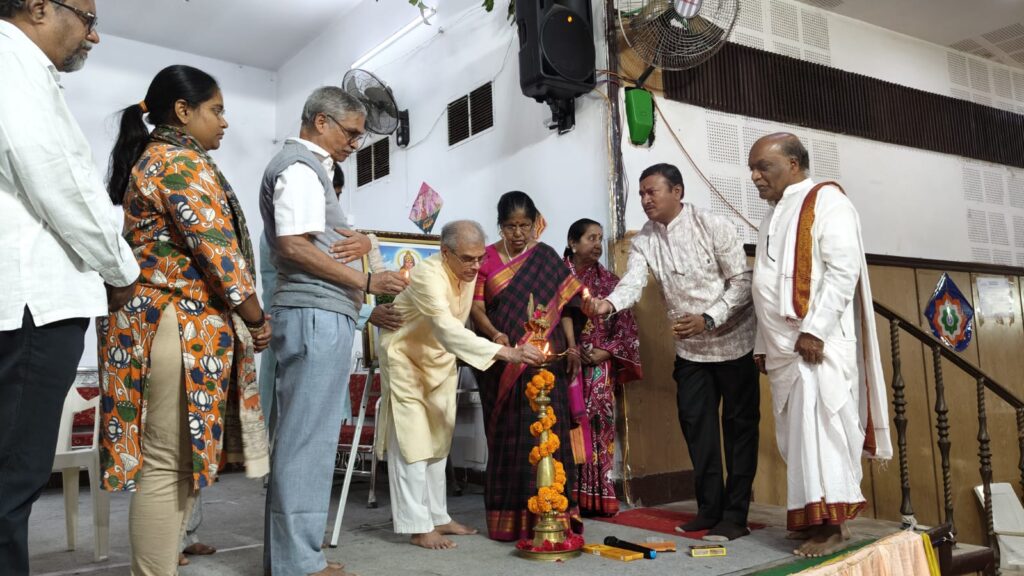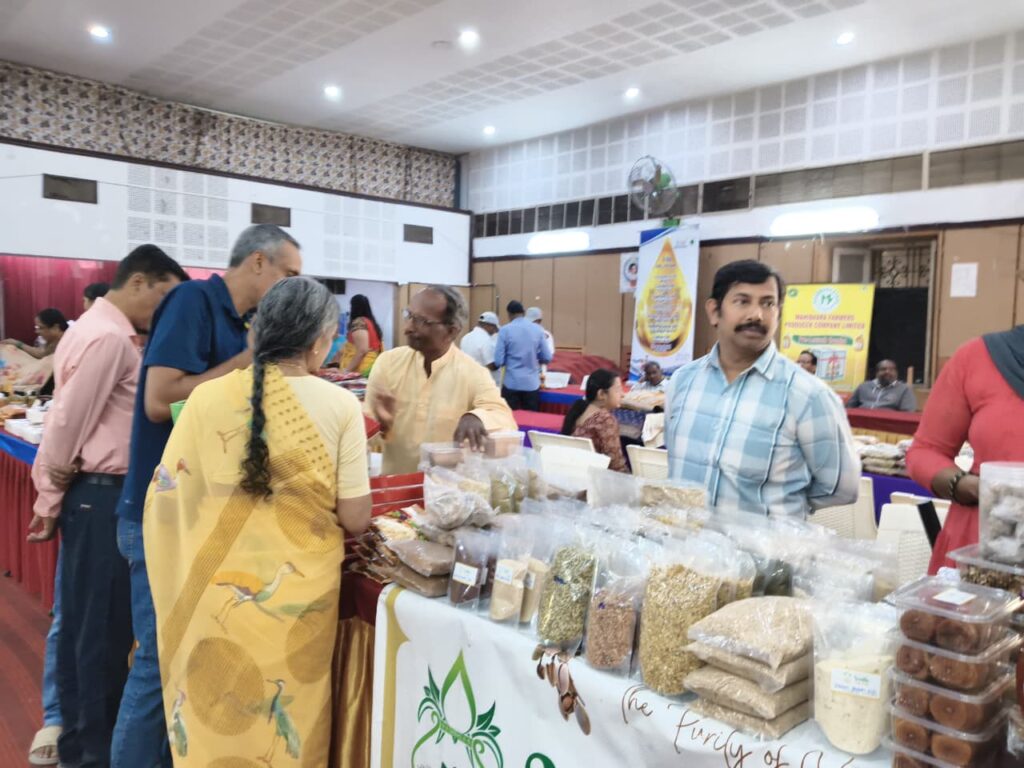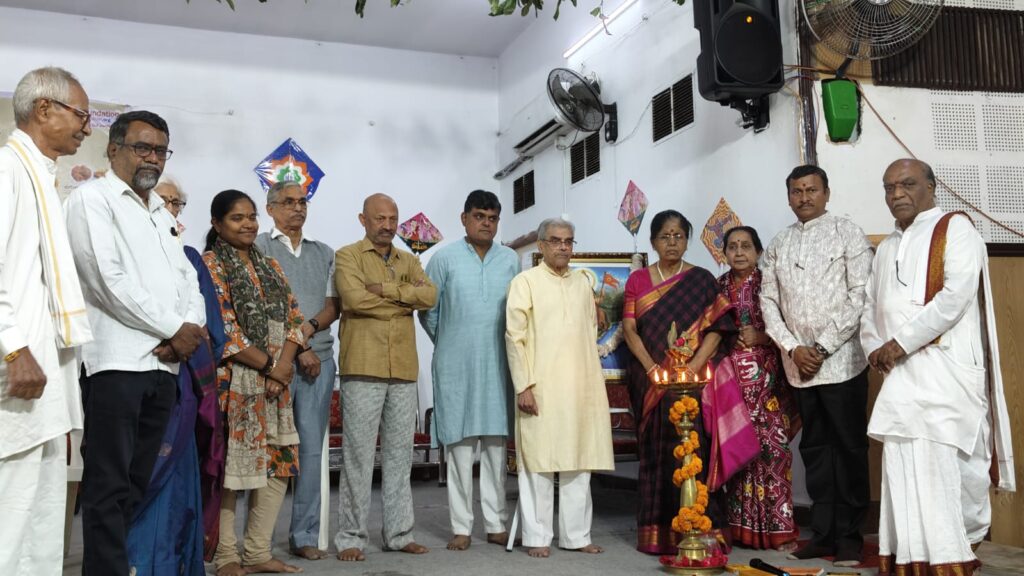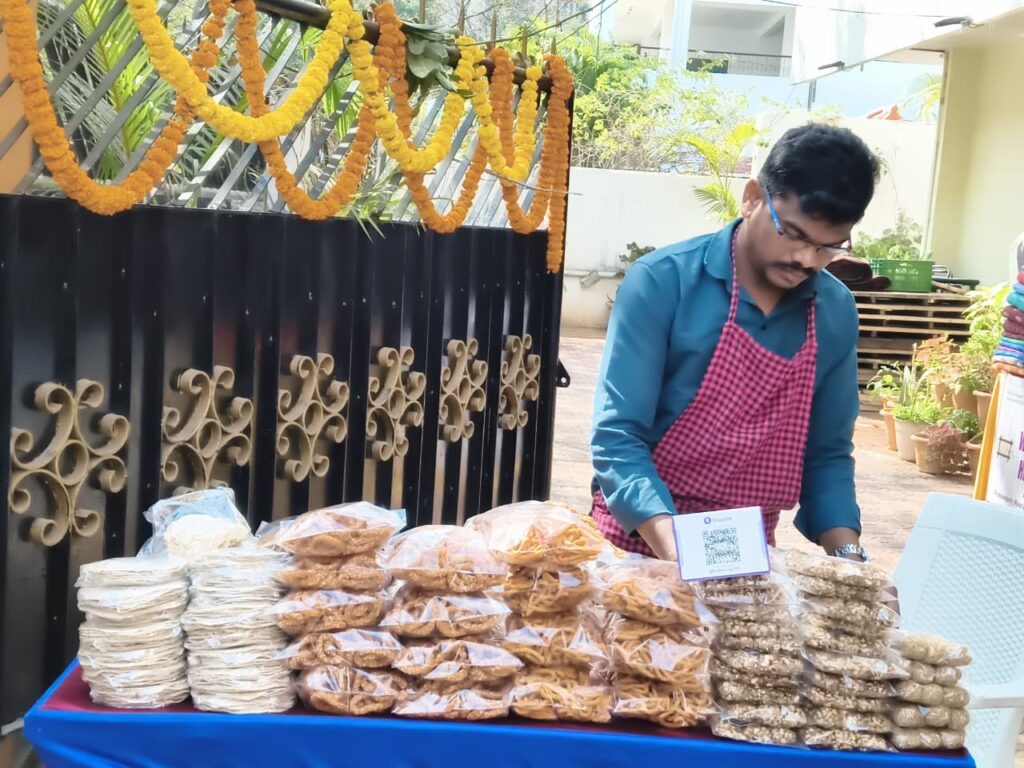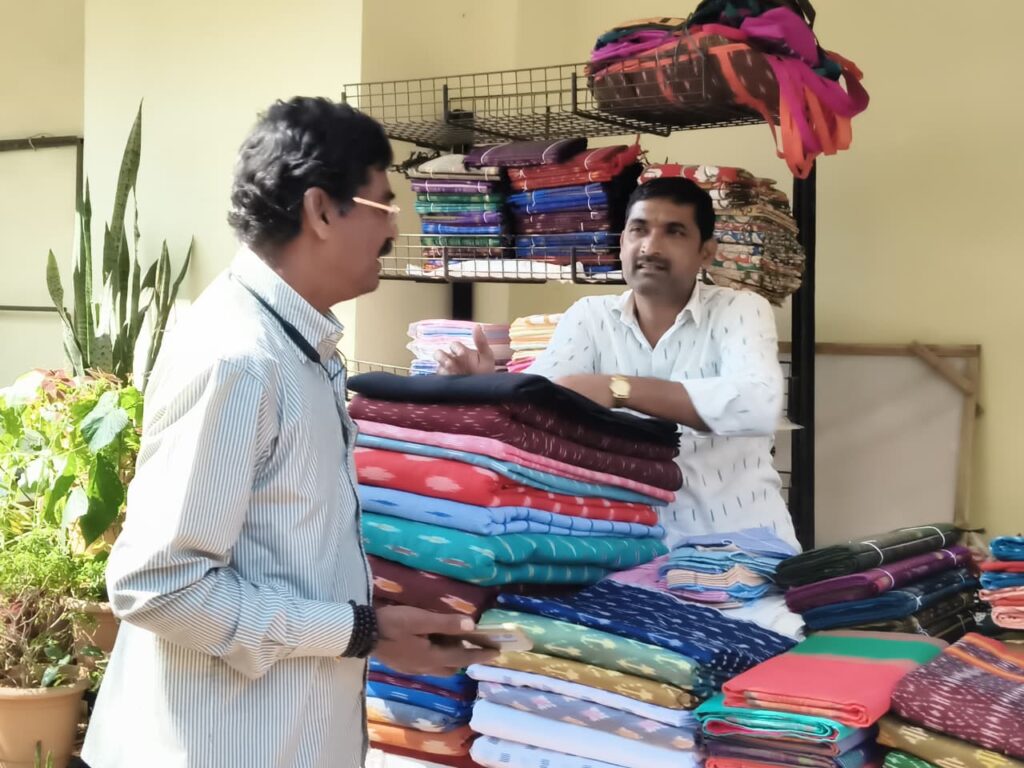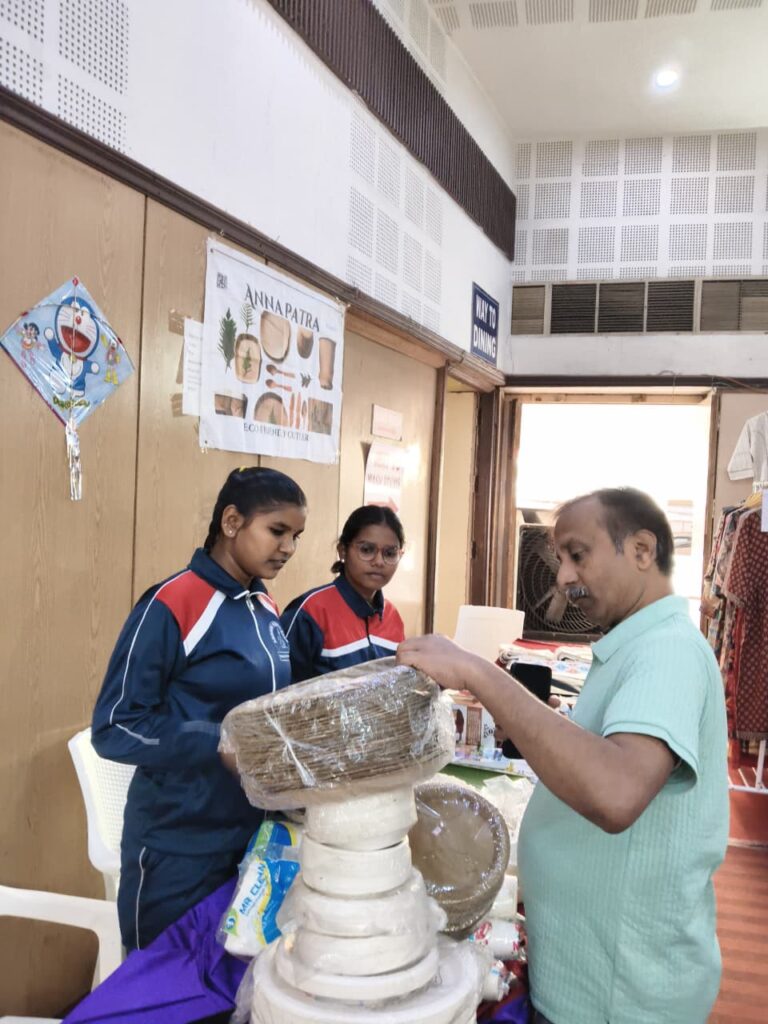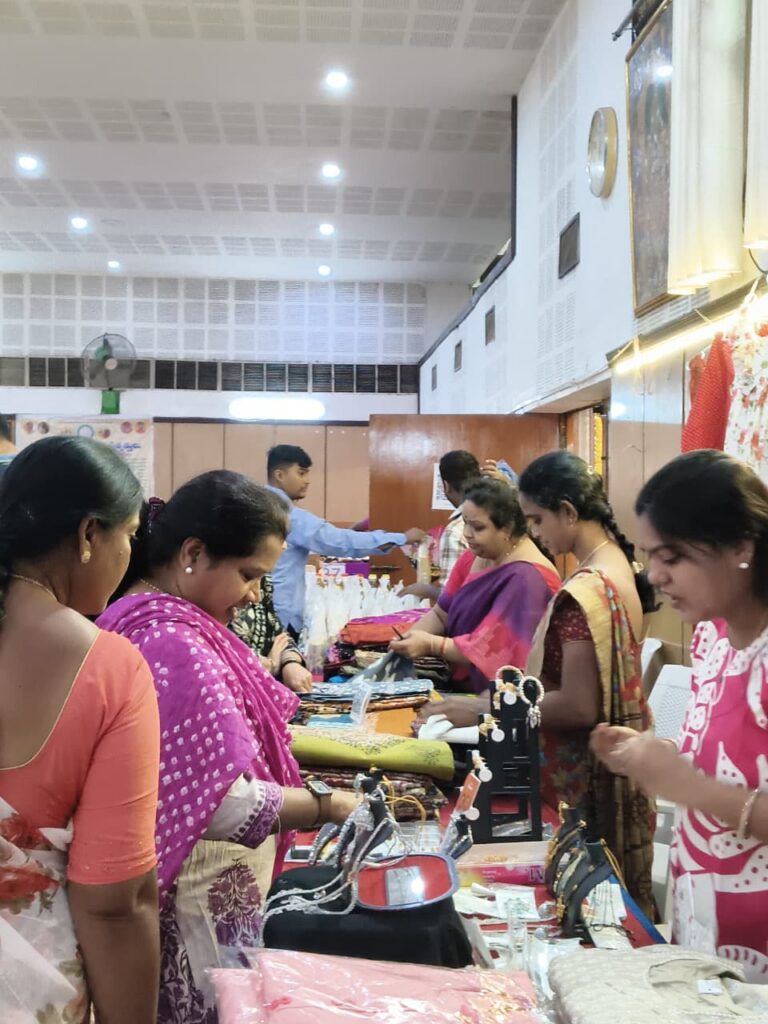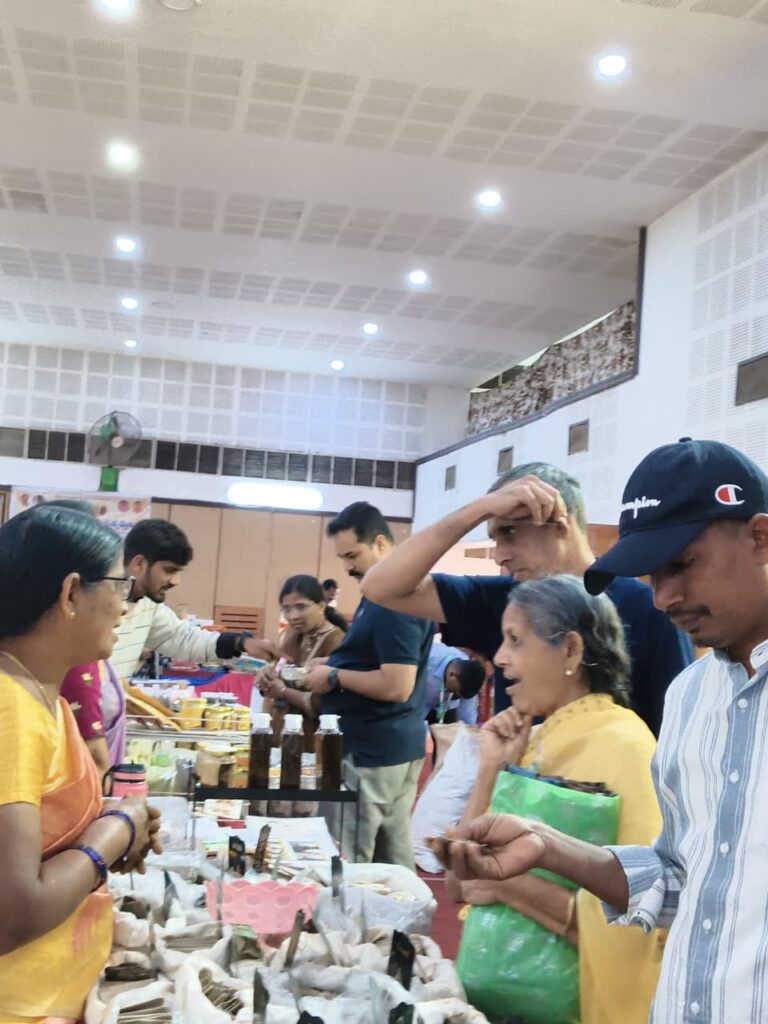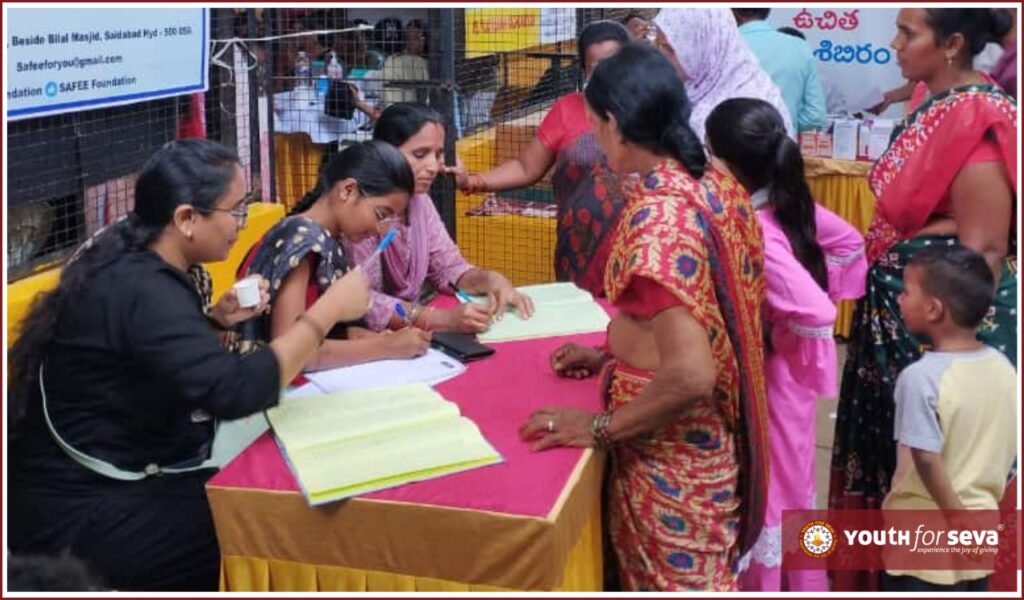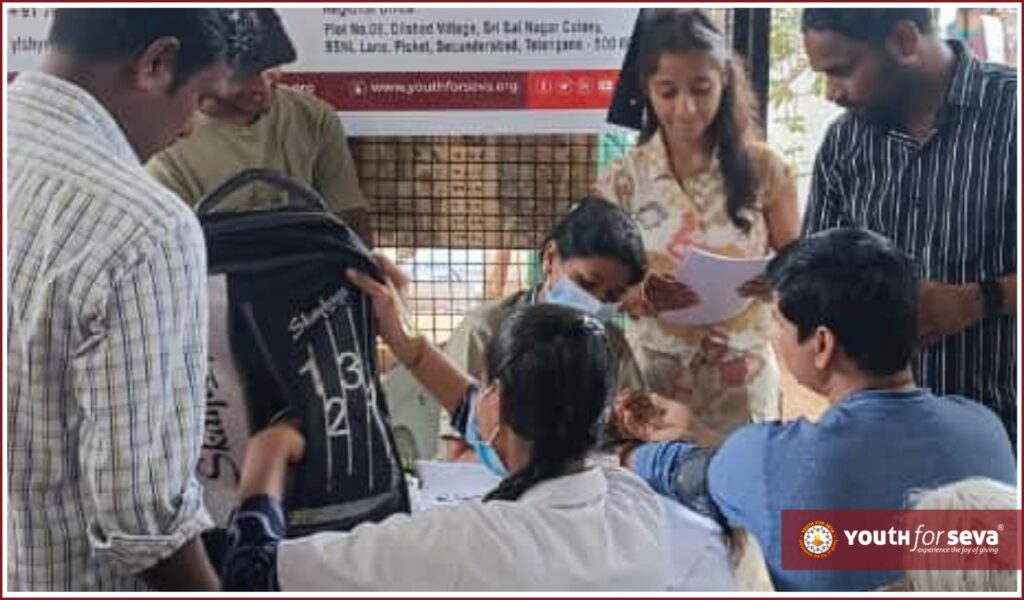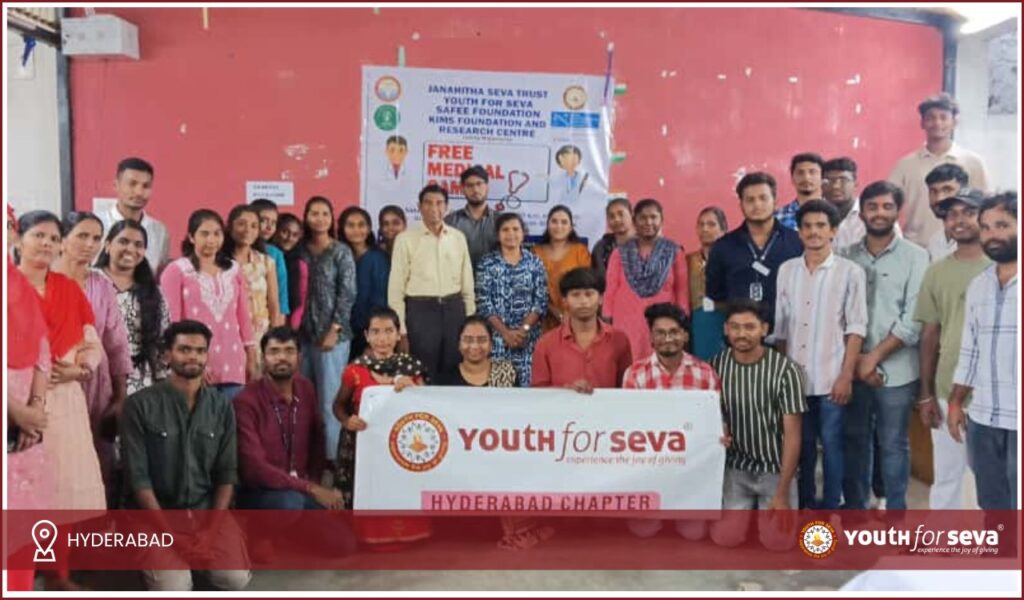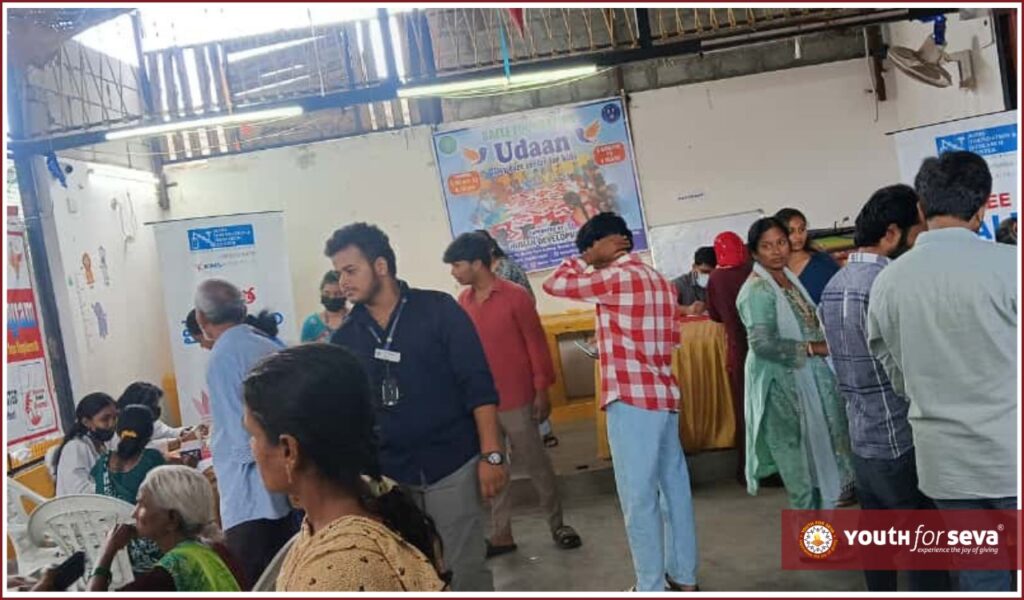Municipal Elections in Telangana Scheduled for February 11-2026
The State Election Commission (SEC) of Telangana on Tuesday announced that elections to seven Municipal Corporations and 116 municipalities across the state will be conducted on February 11. The announcement marks the beginning of the election process for urban local bodies after a review of administrative and security preparedness.
State Election Commissioner I. Rani Kumudini released the election schedule after holding a comprehensive meeting with all District Collectors and Superintendents of Police, during which polling arrangements, law and order, and logistical preparedness were discussed.
Election Schedule
As per the notification:
- January 28: Election notice to be issued by Returning Officers; ward-wise electoral rolls to be displayed
- January 30: Last date for filing nominations
- January 31: Scrutiny of nominations and publication of valid candidates list
- February 1: Filing of appeals against rejected nominations
- February 2: Disposal of appeals
- February 3: Last date for withdrawal of nominations and publication of final contesting candidates list
- February 11: Polling day
- February 12: Re-polling, if necessary
- February 13: Counting of votes and declaration of results
The Model Code of Conduct for the concerned urban local bodies will come into force immediately after the issuance of the election notification.
Voter and Ward Details
A total of 52.43 lakh voters are eligible to vote in these municipal elections. This includes:
- 25.62 lakh male voters
- 26.80 lakh female voters
- 640 voters in other categories
Polling will be conducted in 2,996 wards spread across 123 urban local bodies, reflecting the scale and significance of the exercise.
Polling Infrastructure and Security
To ensure smooth conduct of elections, the SEC has planned extensive arrangements:
- 8,203 polling stations
- 16,031 ballot boxes
- 137 strong rooms for secure storage of ballot boxes
- 136 counting centres across the state
Adequate police personnel will be deployed at polling stations, counting centres, and sensitive locations. Special attention will be given to vulnerable and sensitive wards, with additional security measures and surveillance.
Reservation of Wards
The SEC detailed the reservation pattern for wards, aimed at ensuring inclusive representation:
- Women (Unreserved): 864 wards
- General (Unreserved): 647 wards
- Backward Classes (General): 463 wards
- Backward Classes (Women): 391 wards
- Scheduled Castes (General): 254 wards
- Scheduled Castes (Women): 190 wards
- Scheduled Tribes (General): 147 wards
- Scheduled Tribes (Women): 40 wards
The reservation system is in line with constitutional provisions and state government guidelines to promote participation from socially and economically weaker sections.
GHMC and Other Municipalities
The State Election Commission clarified that elections to three Municipal Corporations, including the Greater Hyderabad Municipal Corporation (GHMC), and five municipalities will be conducted at a later date. The schedule for these elections will be announced separately after addressing administrative and legal considerations.
Political Significance
The municipal elections are expected to be a litmus test for political parties ahead of future state-level contests. Major political parties are likely to intensify campaigning in urban areas, focusing on civic infrastructure, sanitation, drinking water supply, roads, and urban governance.

